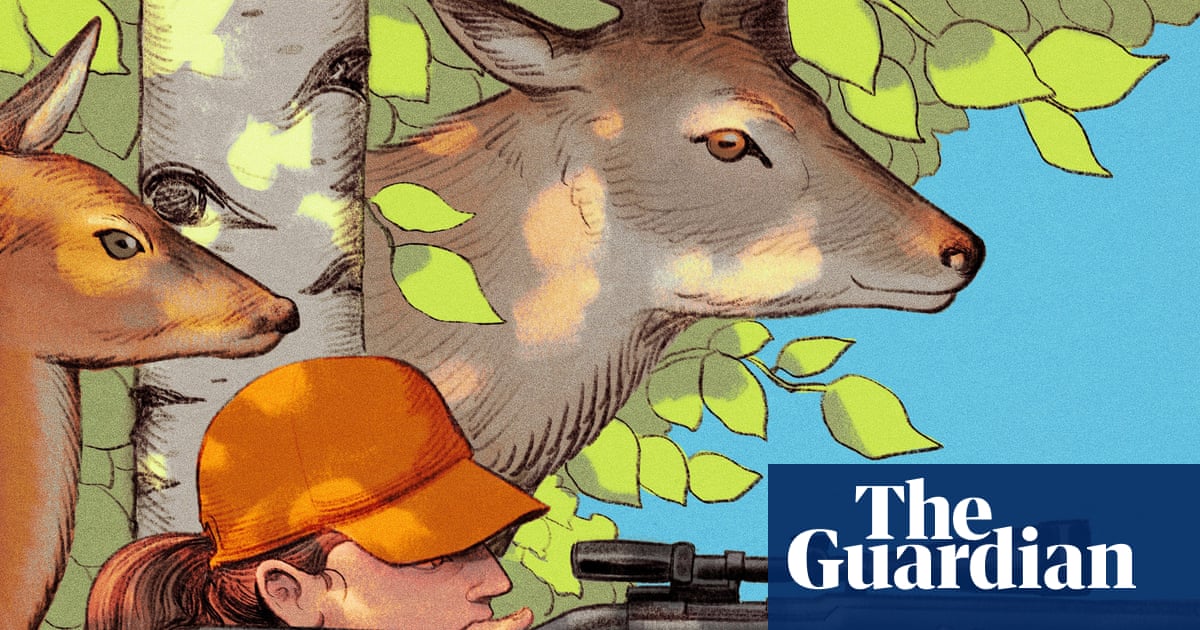
"Murderer! You're a murderer! That is what my French mother shouts down the phone line right after I tell her I had grouse for dinner. Grouse? she gasps. Yes, I say, using my nonchalant voice. We went hunting and shot two of them. Plump ones. I braised them in a mushroom broth and served them with stewed apples and potato mash. She shrieks. I can't believe you killed an animal!"
"My point is, I say, where do you think that lamb came from? Did it magically appear on your plate? It was not a conversation I was going to win, not even with a French woman living in the land of duck foie gras, cured pork sausage and snails all of which was killed far less humanely than the grouse on my plate. That is what I was trying to tell Mom: hunting may be morally complex, but it is a far more honest and sustainable way to consume meat than the factory-farmed products most people eat."
"I killed my first mule deer on public land in northern Montana at the tail end of a five-hour hunt in frigid temperatures on Thanksgiving. My partner and I had been tracking signs all day hiking up and down ridges, glassing hillsides with binoculars until I could not feel my toes. We were ready to give up when the curious eyes of two does landed on us. With their oversized ears and mile-long eyelashes, they looked dainty and otherworldly, as if they had stepped out of a Grimm fairy tale."
A narrator describes a heated exchange with a French mother who condemns hunting after learning about a grouse dinner. The narrator contrasts hunted meat with purchased lamb and questions assumptions about where supermarket meat originates. Hunting is presented as ethically complex but more transparent and sustainable than industrial farming. A detailed first hunting experience in northern Montana conveys physical hardship, patience, and a close, almost reverent encounter with wildlife. The narrative emphasizes the labor, respect, and immediacy involved in hunting compared with detached consumption of factory-farmed meat.
Read at www.theguardian.com
Unable to calculate read time
Collection
[
|
...
]